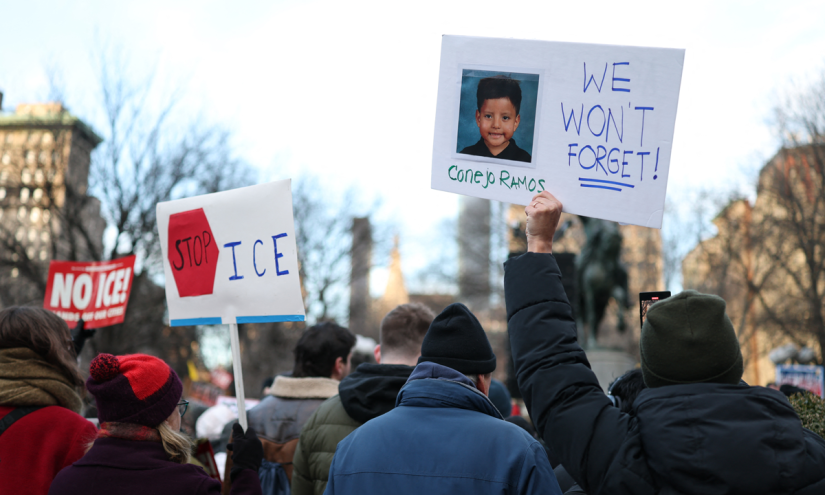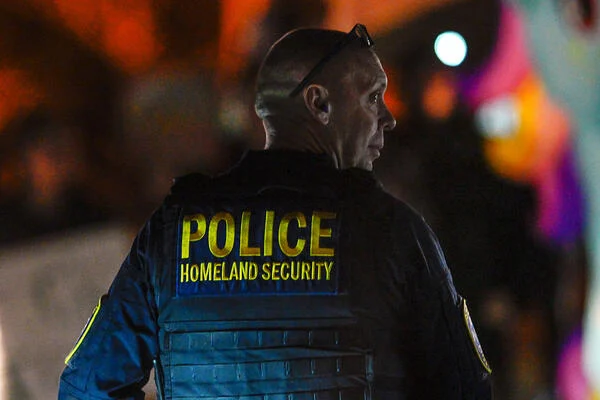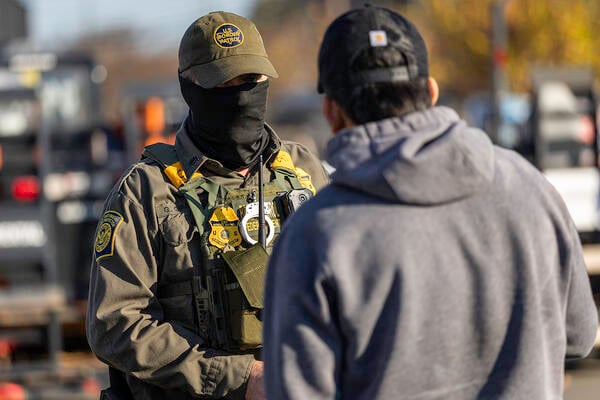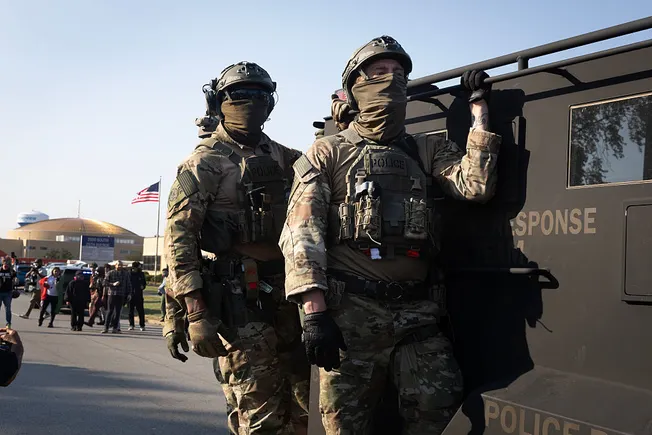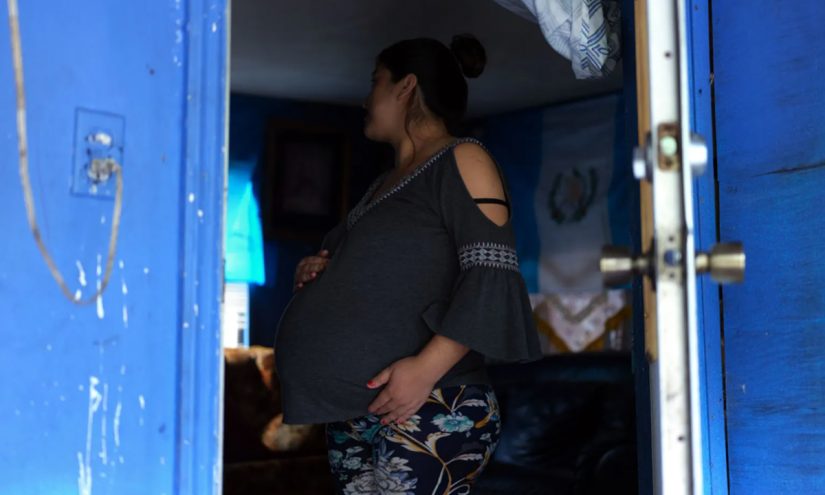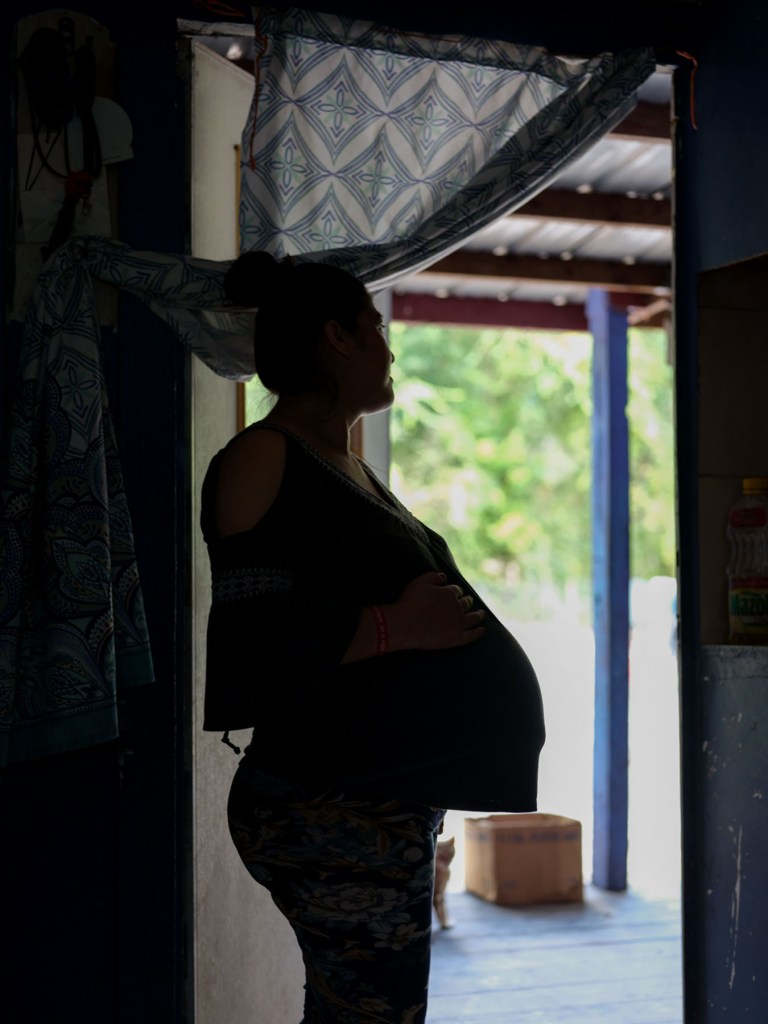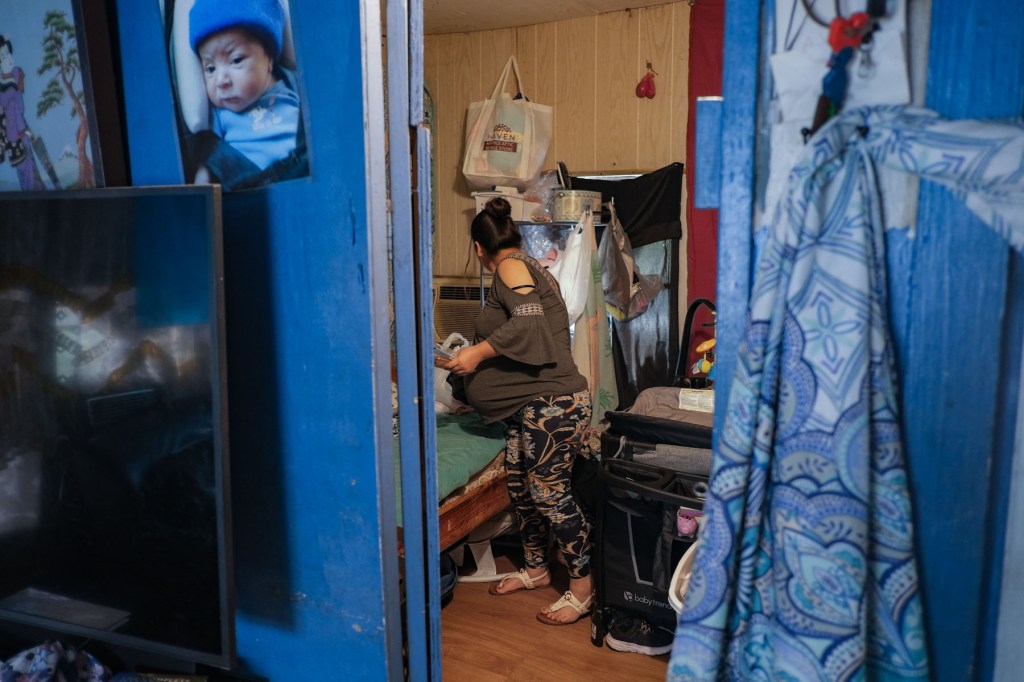This guide is designed for college professors and educators seeking effective ways to help students connect and participate. It covers 20+ practical icebreakers for college students and provides a free downloadable list with additional activities, ensuring you have the tools to foster a welcoming classroom environment. Even better, these icebreaker activities can easily be assigned in the Top Hat app. Icebreakers for college students encourage new students to have conversations, get to know you and each other and build a sense of community and trust. Icebreaker activities help students relax and connect with one another during orientation, creating a sense of community and trust in a classroom setting. Used early on, icebreakers can help students feel comfortable in your classroom or team meeting. They’re ideal for the first day of school, but can be used throughout the semester and serve as a precursor for teamwork and collaborative learning. Virtual icebreakers—facilitated via social media, discussion boards or in virtual team meetings—have also gained new meaning in helping group members warm up to one another.
A classroom icebreaker for college students can be as simple as asking learners to introduce themselves to the class or to the students sitting next to them, but games and activities offer a chance to interact with a greater number of classmates and build camaraderie. According to a guide1 from Nottingham Trent University, for classroom icebreaker games “there ought to be a fun aspect to the activities in order to provide participants with some shared history that they can discuss later and, where possible, a relevance to the taught course/university experience.”
It’s no doubt that icebreaker activities like scavenger hunts or Pictionary are overdone. Campus-based icebreakers, such as orientation activities or exploring campus landmarks, can also help students get familiar with their new environment. Keep in mind that some classroom icebreakers for college students could be awkward or uncomfortable, such as publicly sharing personal information. The key is to get students talking to each other, having conversations and making connections—without social risk. This could mean facilitating small group activities versus requiring students to share personal information in front of the whole class. As an educator, help your students get to know one another in a safe and effective way. Recognizing the importance of icebreakers in fostering inclusion and community can set a positive tone for the semester. Icebreakers encourage people to participate, help students find commonalities with their peers, and build rapport within the group.
Download The Ultimate List of Icebreakers for the College Classroom and begin assigning to your students using Top Hat (get the list here).
Introduction to classroom icebreakers
Classroom icebreakers are a powerful way for college professors to set a positive tone at the beginning of a course. These activities help college students introduce themselves, share fun facts, and discover what they have in common with fellow students. Whether you’re teaching a small group or a larger group, icebreakers can be tailored to fit your classroom’s unique needs and the goals of your course material. By encouraging students to interact and get to know one another, icebreakers help build a sense of community and belonging right from the start. When students feel comfortable and connected, they’re more likely to participate, collaborate, and engage with the material and each other throughout the semester. Incorporating icebreakers into your teaching toolkit is a simple yet effective way to foster a welcoming classroom environment where everyone feels included.
Benefits of icebreakers
Encouraging participation
Fun icebreakers offer a range of benefits for both students and teachers, especially for first year students who may be new to the college experience. Icebreaker activities help students feel more at ease in the classroom, making it easier for them to participate in class discussions and share their ideas. Icebreakers can create a relaxed atmosphere that encourages participation among students.
Supporting academic success
Icebreakers can also introduce students to key course concepts in a fun and engaging way, setting a positive tone for the rest of the semester. When students feel supported and included, they’re more likely to take academic risks, ask questions, and explore new ideas. Ultimately, using icebreakers helps create a classroom environment where everyone feels welcome, valued, and ready to learn.
With these benefits in mind, let’s explore how to plan and implement effective icebreakers in your classroom.
Planning icebreakers
Setting goals
When planning icebreakers for your class, it’s important to start with your goals in mind. Think about what you want your students to gain from the activity—whether it’s helping students get to know each other, encouraging participation, or introducing a new topic.
Considering group size
Consider the size of your class: some icebreakers work best in small groups, while others are ideal for larger groups. Choose activities that are interactive and fun, such as “Two Truths and a Lie” (a fun way to help students get to know each other), “Human Bingo” (students find classmates who match traits on a bingo card), or “The Human Knot” (a physical activity where participants untangle themselves without letting go of each other’s hands, fostering non-verbal teamwork). These classic icebreakers can be easily adapted to fit your group size and learning objectives.
Selecting activities
The key is to encourage students to share, connect, and engage with one another in a way that feels natural and enjoyable. By selecting the right icebreakers, you’ll set the stage for a lively and inclusive classroom experience.
Best practices for icebreaker design
Inclusivity and comfort
Designing effective icebreakers means keeping your students’ needs and comfort in mind. Start by choosing activities that are inclusive and respectful, ensuring that every student feels welcome to participate. Avoid icebreakers that might make some students uncomfortable or single anyone out.
Clear instructions
Make sure your instructions are clear and the activity is easy to follow, so students know exactly what to expect. As the teacher, be ready to guide the activity, answer questions, and offer support as needed.
Building community
The goal is to create a sense of community and belonging in your class, helping students feel connected to each other and to the course material. By following these best practices, you’ll design icebreakers that not only break the ice but also lay the foundation for a positive and collaborative classroom environment.
Now that you know how to plan and design effective icebreakers, let’s dive into a variety of activities you can use in your classroom.
7 group games for college students (with fun icebreaker questions)
This list features a variety of effective icebreakers for college students, including fun, low-pressure activities like Two Truths and a Lie, Human Bingo, interactive games like the Marshmallow Challenge, and simple question prompts. These activities are designed to help students relax, connect, and build community, whether you’re teaching in-person or online.
1. Concentric circles
This is a great team-building icebreaker for an in-person learning environment. Arrange students in two circles, one inside the other, with students facing each other in pairs. Ask a fun icebreaker question, such as “what’s your favorite thing about college and why?” Pairs discuss the answer, then rotate the circle to form new pairs for the next question—exposing students to the different perspectives of their peers. The trick is to provide open-ended questions rather than those with a ‘yes’ or ‘no’ answer to get students to talk and engage in meaningful conversation.
2. Find someone who…
Alternative: Human Bingo: students find classmates who match traits on a bingo card.
- Students are given bingo cards with a grid of squares. Each square contains an item, such as ‘traveled to another continent’ or ‘has a younger sister.’
- During the activity, students can pass their bingo cards to others to verify matches or to keep the game moving.
- Students are given a time limit to find classmates who fit the description.
- Whoever gets ‘Bingo’ first wins. You can even award a prize of your choice, such as a bonus point or two on an upcoming assignment.
Human Bingo is considered an effective, low-pressure icebreaker for college students and is a good classroom activity to help your students warm up to one another at the start of the school year—especially those who are meeting one another for the first time.
3. Name game
Enables participants to informally interact with their teammates.
This classic party game can also be applied in the classroom—you can even tweak it to reflect the curriculum. Write down names of famous people (or names related to course material) on sticky notes. Students place a sticky note on their forehead and interact with their classmates, asking fun icebreaker questions to understand which person they are embodying. For example, a student might ask, “Am I a historical figure?” and another might respond, “Yes, you are,” helping the student narrow down their guess. This team icebreaker helps students loosen up and informally interact with their classmates. It also helps them learn about a figure who may have previously been unknown to them.
4. Poker hand
This classroom icebreaker for college students is ideal for large groups (a maximum of 50). Shuffle a deck of cards and hand out a card to each student.
- Give students a set amount of time to find four classmates and form a hand of poker.
- The best hand ‘wins’ when their time is up—consider offering a couple of bonus points on an assignment.
- To encourage connections among students with similar academic interests, you can adapt the activity by having students form groups based on their major, or by assigning card suits to different majors.
- Keep in mind that not everyone knows how to play poker, so display the rules of the game on a whiteboard or a slide at the front of the classroom.
This activity may help students develop their analytical skills.
5. Three of a kind
Helps students find commonalities with each other.
- Set a time limit and instruct students to find commonalities by seeking out three other students they share something in common with—though not anything obvious or visible, such as hair color.
- The idea is to help them make connections that may not be immediately apparent.
For more strategies to help your students get to know their classmates, download our free list of college icebreakers.
6. Find your pair
In advance of class, prepare word pairs—such as salt and pepper, or ketchup and mustard—on separate pieces of paper.
- Have students select a piece of paper from the pile, ensuring they don’t share their word with anyone else.
- Run the activity as a quick round, giving students a limited time to walk around the room and ask yes or no questions to their peers to try and figure out what word they have (and helping them get to know more people in your class).
- Once students have figured out what word they have, they then must find their pair (if they haven’t already) by continuing to ask fun icebreaker questions.
7. Act and react
Ask students to write down an event or scenario on a piece of paper. These may range from “I just got fired from my job” to “I just got stung by a bee.” For a more meaningful experience, you can choose scenarios that encourage students to connect on a personal level, helping them share relatable or significant moments.
- Fold the pieces of paper up and put them in a bag or hat.
- Have students randomly draw a slip of paper and react to the experience using their facial features, gestures or words.
- The remaining students can guess what just happened.
This activity will help lighten the mood in your class and allow for student-student interaction.
→ Download Now: 20+ Free Icebreakers for College Courses
7 first day icebreakers for college students
8. Two truths and a lie
A fun way to help students get to know each other.
Divide the class into small groups. Each group sits in a circle, and each participant tells their group three statements; two are true and one is a lie. The other students in the group must guess which is the lie. This interactive icebreaker could be used during the first day of class to make introductions and reduce first-day jitters, with each student sharing a fun fact about themselves as part of the activity.
9. This or that
Prompts students to choose between two options, revealing preferences through movement or gestures.
Present students with a choice between ‘this or that.’ Topics should be relatively light, such as whether they prefer dogs or cats (though you could also tie this back to course material). For example, ask students whether they would rather visit the mountains or the beach.
- Students move to the side of the room that reflects their choice.
- After a few minutes, encourage one or two members in each group to defend their position amongst a new group of students.
- Ask students to repeat this process for several rounds to help familiarize themselves with a variety of standpoints.
Similar to would you rather, this or that is ideal for small or large groups and spurs conversations and makes connections.
10. Longest line
Instruct students to form one continuous line based on certain criteria, such as alphabetically by first name or from shortest to tallest. For large classes, you could ask students to gather in groups based on some commonality (such as by birthday month). Another engaging option is to have students line up according to the part of the world they are from or a country in the world they would most like to visit. The goal is for students to line up as fast as possible—a result of clear and open communication in medium-sized groups. This classroom icebreaker for college students is a great team-building activity and can help create a sense of community should it be used as a first day icebreaker or at the beginning of the year.
11. Three Ps
Divide students into small groups, and have them share three facts about themselves to help them connect on a personal level: something personal, something professional, and something peculiar, such as an interesting hobby or habit. This icebreaker idea can easily be used in virtual meetings. It should be noted, the personal fact shouldn’t be anything too personal—it could be something as simple as a country they’ve always wanted to travel to. Use this great icebreaker when students go back to school from the summer, helping them warm up to their peers.
Start assigning fun icebreakers for college students directly in Top Hat. Access the guide now!
12. Beach ball
Like the name suggests, this activity requires an inflatable plastic beach ball. Ahead of class, write different get-to-know you questions on each segment of a beach ball using a Sharpie. Arrange students in a circle. For larger classes, you may want to divide the class into smaller groups. The fun icebreaker questions could be “what was one of your highlights from the summer?” or “who is your celebrity idol and why?”
- Toss the ball. Whoever catches it asks the question closest to their left thumb, answers it and then tosses the ball to another student.
In a virtual or hybrid setting, students could post their answers to the beach ball questions on a discussion board or class social media page to encourage interaction and connection.
13. Syllabus questionnaire
Before sharing your syllabus with students, place them into groups of five and have them fill in a Google Doc or worksheet with questions they have about your course.
- Structure the first five minutes as a brainstorming session.
- After each group has prepared their list of questions, distribute the syllabus and have students find answers to their questions using this document.
- Re-convene as a group and give students an opportunity to ask any further questions that couldn’t be answered from the syllabus.
For remote teams, this activity can be easily adapted by using virtual breakout rooms and collaborative online documents to ensure all participants are engaged, regardless of location. You may also wish to facilitate this activity using individual lesson plans throughout the semester.
14. String a story
Arrive to class with a big roll of yarn or string and cut various pieces ranging from five to 20 inches in length. Bunch the pieces of string together and place them to the side.
- Have each student draw a piece of string from the pile and slowly wind it around their index finger.
- As they are winding the string around their finger, students must introduce themselves and give a first-person account of their life—in whatever capacity they wish—until the string is completely wound up.
For example, a student might share a story about moving to a new city for college, describing how they felt nervous at first but made friends by joining a campus club.
6 course- or assignment-specific icebreakers for college students
15. Blind contour
This activity is a fun way to get your visual arts students talking in a small group of people.
- Split students into groups of five and have each student choose an object to sketch—without looking at their paper.
- Give students five minutes to complete their sketch, then have them share it with their team members and ask the remaining students to guess what they drew.
- Repeat the process with another item or object, until time runs out.
This game helps hone students’ observational skills, while making sure students are mentally present.
16. It was the best of classes, it was the worst of classes
This classroom icebreaker not only helps students relate to each other, it can help inform your teaching practices throughout the term.
- On one side, write “the best class I ever had” and on the other side, write “the worst class I ever had.”
- Without referring to specific professors or courses, ask students to share what they liked and disliked about their previous courses.
- For example, a student might say their best class experience involved interactive group projects and clear feedback, while their worst class experience was a lecture-heavy course with little student engagement.
- Make a list of these items to potentially implement—or avoid—in your own course this semester.
Additionally, consider using an anonymous discussion board or a group worksheet in your virtual classroom to encourage participation.
17. The living Likert scale
This icebreaker question for college students lets learners see where they—and their peers—stand on a variety of topics related to your discipline.
- Before class, write numbers ‘1′ through ‘7′ on pieces of paper and place them across the room. The sheet with ‘1′ on it could refer to ‘strongly disagree’ while ‘7′ might refer to ‘strongly agree.’
- Acting as a facilitator, pose a series of statements related to your discipline—such as “I think television can make children act aggressive” in a social psychology class—and have students move to the side of the wall according to their stance.
- Students who are comfortable sharing their opinions pertaining to the topic may do so.
18. Why am I here?
Have students draw a picture that represents why they enrolled in your course.
- Encourage them to include their major in the drawing or explanation, and to think beyond the fact that they may need your course credit to graduate, or that their high school guidance counselor recommended your course.
- They could think about wanting to learn more about your field, how their major connects to the course, or simply that their friends were enrolled in your class, too.
- After five minutes, have students share their picture with the larger group if they’re comfortable—helping students feel like part of one interconnected community.
Want to assign these icebreakers and more using your Top Hat account? Get started by downloading our classroom icebreaker resource now!
19. Class in one word
Have students share their perceptions of your discipline in one word, such as ‘complicated,’ ‘analytical,’ or ‘enjoyable.’
- Students can go around in a circle—or the order they appear in your Zoom tile view—and describe their past experiences in your field using a single word.
- In an asynchronous course, set up an anonymous discussion question in Top Hat and have students respond on their own time.
This activity offers a humanizing view of who else is in the same boat.
20. Philosophical chairs
A statement that has two possible responses—agree or disagree—is read out loud.
- Depending on whether they agree or disagree with this statement, students move to one side of the room or the other.
- After everyone has chosen a side, ask one or two students on each side to take turns defending their positions.
This allows students to visualize where their peers’ opinions come from, relative to their own.
Classroom icebreakers aren’t just a ‘feel good’ exercise. The best icebreakers can help students create connections and build a sense of camaraderie in your classroom. It can also help educators get to know their students and build better relationships. Whether you’re in a physical classroom or in a remote team setting, the above icebreakers will surely create a light-hearted environment for your students to thrive in.
As Jennifer Gonzalez explains on her website, Cult of Pedagogy, “building solid relationships with your students is arguably the most important thing you can do to be an effective teacher. It helps you build trust so students take academic risks, allows you to better differentiate for individual needs, and prevents the kinds of power struggles often found in poorly managed classrooms.”2
5 good icebreaker questions to engage college students in your classroom
21. Dream dinner party
Ask students: If you could invite any three people, living or dead, to a dinner party, who would they be and why? This question allows students to share their interests, values, and the historical or influential figures they admire. It can spark interesting conversations and provide insights into each student’s personality.
22. Bucket list sharing
Ask students to share one item from their bucket list. This can range from travel destinations to personal goals. It helps students discover shared interests and aspirations, fostering connections based on common goals.
23. Memory lane
Ask each student to share a significant or memorable experience from their past, such as a favorite childhood memory, a significant achievement, or an interesting travel story. This allows students to open up about their lives in a positive way.
24. Favorites icebreaker
Ask students to share their favorites, such as their favorite book, movie, food, or vacation spot. This simple icebreaker can reveal common interests among students and provides an easy topic for conversation.
25. Superpower scenario
Ask students, if they could have any superpower, what would it be and why? This question adds a creative and imaginative element to the discussion, and students can explain the reasoning behind their choice, providing insights into their personalities.
Download The Ultimate List of Icebreakers for College Students, packed with 20+ easy-to-implement activities that you can assign directly in Top Hat. Get the full list of fun icebreakers.
Related stories
References
Creating a welcoming digital community: Teaching online with personality, compassion and with real interaction. (2021). Retrieved from https://www.ntu.ac.uk/media/documents/adq/flexible-learning-documentation/creating-a-welcoming-digital-community.pdf
Gonzalez, J. (2017, July 23). A 4-Part System for Getting to Know Your Students. Retrieved from https://www.cultofpedagogy.com/relationship-building/
Frequently asked questions
1. What are the most effective icebreakers for college students on the first day of class?
Effective first-day icebreakers for college students are activities that help students feel comfortable, reduce anxiety, and encourage early participation. Popular options include Two Truths and a Lie, Human Bingo, and This or That, all of which allow learners to connect quickly without feeling put on the spot. These activities work well for both small and large classes and set a positive tone for discussion and collaboration throughout the semester.
2. How do icebreakers help build community in the college classroom?
Icebreakers for college students support community-building by breaking down social barriers, encouraging conversation, and helping classmates discover shared interests or experiences. When students feel more connected to one another, they are more likely to participate, collaborate on group work, and engage with course material. This sense of belonging is especially important for first-year students who may be adjusting to a new environment.
3. What types of icebreakers work best for large college classes or lecture halls?
For large groups, the best icebreakers for college students are high-movement or fast-interaction activities. Examples include Longest Line, Poker Hand, and Concentric Circles, which encourage students to meet many peers in a short period of time. These scalable activities help foster connection in spaces where traditional discussion-based icebreakers may be less practical.

